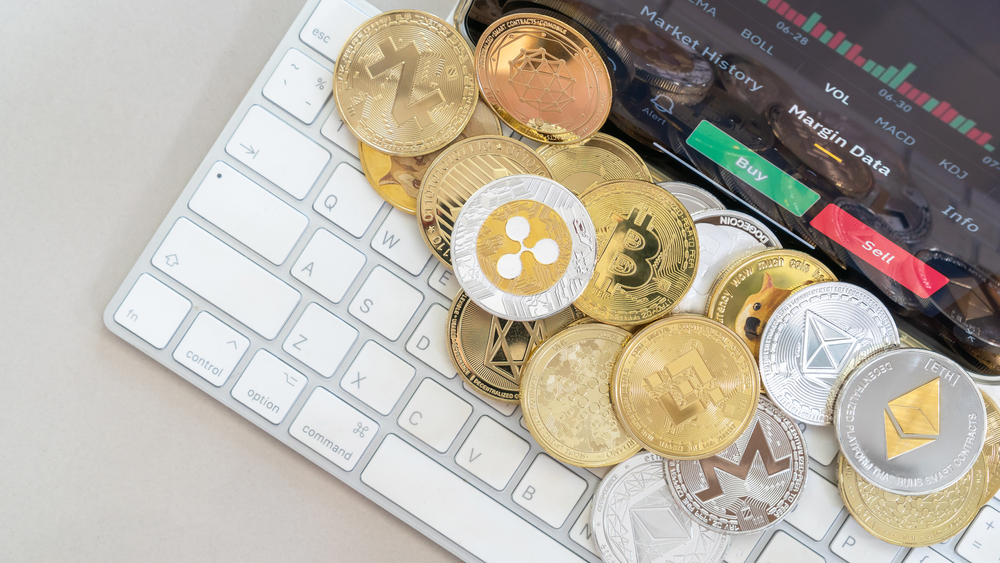Fluidcoins, a Nigerian crypto payment gateway, was recently acquired by Blockfinex, a Seychelles crypto exchange, for an undisclosed amount. As revealed by Blockfinex, the deal will help the firm leverage Fluidcoins infrastructure to launch its payment gateway.
Scaling Crypto Payment Business
Based on the technical report of the deal, the latest acquisition by Blockfinex will see the Seychelles firm control a 100% stake in Fluidcoins after the Nigerian company raised its last capital of $150,000 18 months ago. The acquisition is reportedly facilitated by Dan Holdings Limited, with Blockfinex CEO Danny Oyekan stating that the deal resulted from the company’s decision to venture into the wallet-as-a-service business.
The CEO added that Blockfinex plans to build its crypto-processing payment platform and scale it globally using the Fluidcoins acquisition. Blockfinex, as revealed by its founder, intends to leverage Fluidcoins purchase to launch Blockpay, its crypto payment processing platform.
In addition, Blockpay will have an application programming interface (API) that will be utilized to facilitate payments for Fluidcoins’ current clients. Meanwhile, as reported, Lanre Adenowo, CEO of Fluidcoin, described his firm’s acquisition by the Seychelles-based crypto exchange as an “acquihire deal.”
According to him, the deal will not lead to any structural changes in Fluidcoin’s operations and would allow the company to continue doing business as usual. Per the report, the purchase includes Fluidcoins payment gateway systems like Flip and Fluidshops.
Nigeria’s e-Naira Record Low Usage
As the Nigerian central bank doubled down on cash restriction in the country following its cashless initiative, citizens needed to be convinced about adopting the country’s central bank digital currency (CBDC), the e-Naira. According to Nick Corbishley, a journalist covering the issue of the e-Naira, Nigeria is currently in a precarious situation due to the central bank’s stance on limiting cash supply.
In his Twitter post, Corbishley noted that riots have broken out in several cities in Nigeria as the central bank failed to convince citizens to adopt the e-Naira. As a result, the banking regulator is doubling its cash restriction approach to force citizens to use its CBDC token.
The journalist drew parallels to the incident in India in 2016, where the Reserve Bank of India (RBI) demonetized high-value bills. Corbishley noted that the Nigerian decision-makers followed India’s path last December. Economists foresee a situation where Nigerians would not adopt the e-Naira given the government’s harsh approach.
